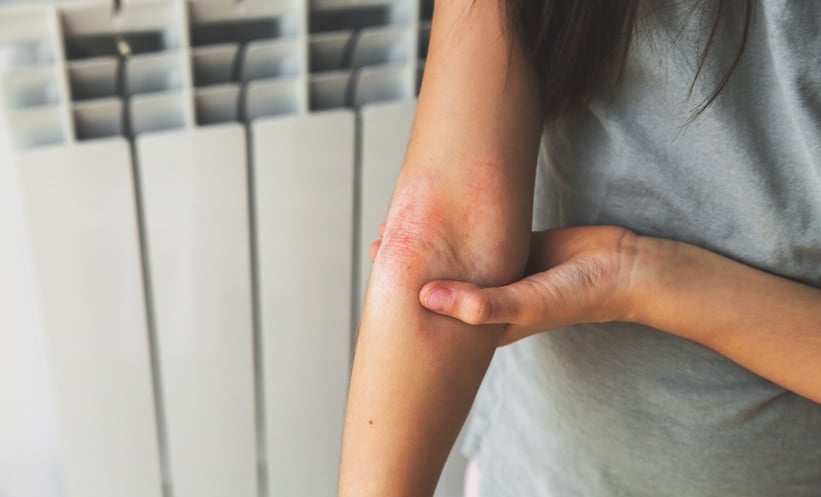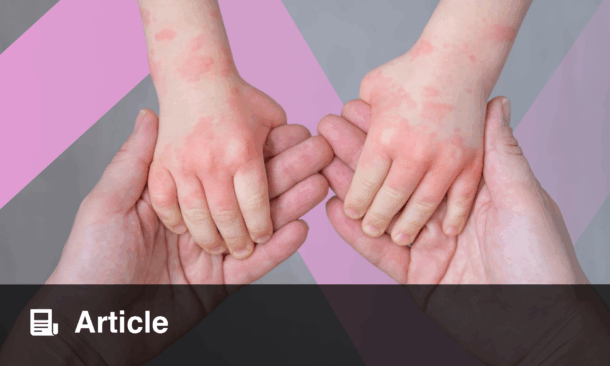Children under 12 years with moderate to severe atopic dermatitis experienced varying outcomes with systemic therapies, according to new real-world data from the PEDISTAD registry. The 3-year interim analysis suggests that dupilumab may offer greater improvement in disease signs, symptoms, and quality of life compared with methotrexate and cyclosporine.
Atopic dermatitis is a chronic inflammatory condition that significantly affects sleep, mood, and overall quality of life for patients and their families. The PEDISTAD registry is an ongoing 10-year observational study tracking treatment outcomes and comorbidities in pediatric patients. This analysis examined clinician- and caregiver-reported outcomes, including the Eczema Area and Severity Index (EASI), percent body surface area affected, worst itching and scratching, the Children’s Dermatology Life Quality Index, and the Dermatitis Family Impact measure.
Children treated with dupilumab demonstrated mean EASI scores consistent with mild disease at the last observation point, whereas those treated with methotrexate or cyclosporine remained within the moderate range. Improvements in pruritus were also numerically greater in the dupilumab cohort compared with the other treatment groups. Quality of life measures improved similarly between dupilumab and methotrexate but did not show meaningful change in the cyclosporine group.
Rates of disease exacerbation were lowest in children treated with dupilumab, higher in those on methotrexate, and highest among those on cyclosporine. Treatment discontinuation rates followed the same trend, with dupilumab having the lowest rate of discontinuation and cyclosporine the highest.
While the analysis did not involve direct statistical comparisons between treatment groups, the findings indicate potential advantages for dupilumab in the real-world management of pediatric atopic dermatitis. The results also underscore the importance of monitoring both clinical outcomes and quality of life when evaluating systemic therapies for children with this burdensome disease.
The registry will continue to collect data over the planned 10-year period, providing ongoing insights into treatment patterns and long-term outcomes in pediatric atopic dermatitis.
Reference: Paller AS et al. Systemic Treatments in Moderate-to-Severe Atopic Dermatitis in Pediatric Patients up to 12 Years of Age: Real-World Treatment Outcomes from the PEDISTAD Registry. Am J Clin Dermatol. 2025. doi: 10.1007/s40257-025-00962-8








